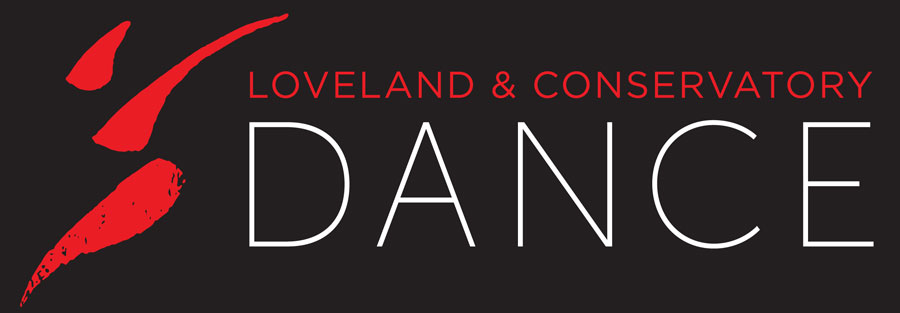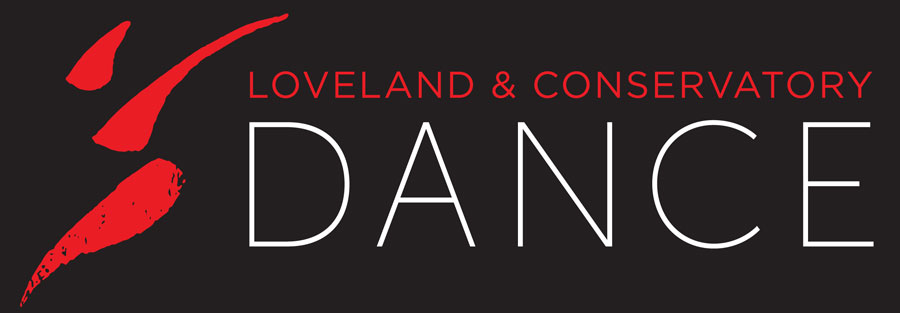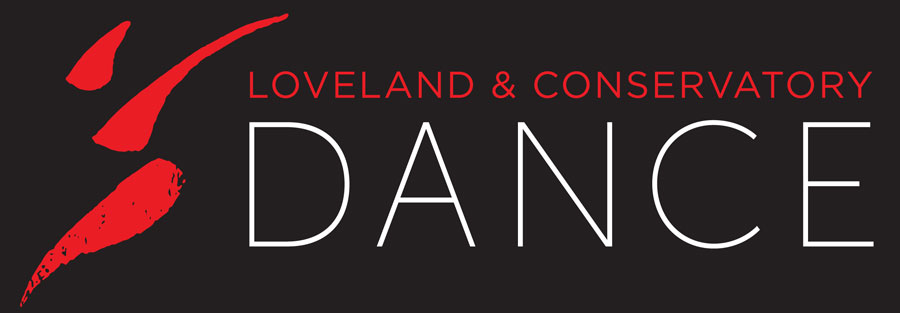Follow Us x
A GENERAL GUIDE TO AUDITIONING
Do You Have An Upcoming Audition?
Auditions can be both exhilarating and nerve-wracking - but with the right preparation, they become a chance to shine. Whether you're stepping into a studio for the first time or aiming for a professional company, knowing what to expect and how to present your best self is key. This guide is here to help you feel confident, focused, and ready to stand out. From what to wear and how to warm up, to mindset tips and what judges are really looking for - we've got you covered. Let's help you turn those audition nerves into performance power!
What Is an Audition Panel Looking For?
What Is an Audition Panel Looking For?
When you step into an audition, the panel isn't just watching your technique - they're assessing the whole package. Here's what they're really looking for:
- Adaptability & Attitude: Directors want dancers who are moldable - open to feedback, quick to adjust, and easy to work with. A kind, respectful attitude and the ability to take corrections gracefully can make just as much impact as your performance.
- Professionalism & Etiquette: Strong studio manners matter. This includes being on time, attentive, and supportive of others. How you behave when you're not dancing is often just as important as when you're center stage.
- Versatility: A diverse skill set stands out. Panels look for dancers who are comfortable across multiple styles and techniques. The more you can do - Ballet, Contemporary, Jazz, Hip-Hop - the more valuable you are to a choreographer or director.
- Stage Presence & Expression: Beyond clean technique, they want to see your artistry. Can you connect with the audience? Do you tell a story through movement? Personality, confidence, and musicality help you leave a lasting impression.
- Potential Over Perfection: Don't stress about being flawless. Most panels would rather see someone with great potential and work ethic than someone who's technically strong but hard to work with.
HOW DO YOU PREPARE FOR AN AUDITION?
HOW DO YOU PREPARE FOR AN AUDITION:
TRAIN WITH PURPOSE
- Treat every class like an audition - focus on every exercise as if it's the entire class.
- Apply corrections the first time you hear them. Train yourself to self-correct quickly and consistently.
- Combine strong technique with engaging performance - one should never be sacrificed for the other.
SHARPEN YOUR SKILLS
- Keep your memory sharp. You can't show your skills if you can't remember combinations.
- Be consistent in your training. Preparing for auditions is an ongoing effort - not something to cram for.
BE INFORMED
- Research the program or opportunity: college dance program, company, commercial work, cruise line, etc.
- Know your availability ahead of time so you can fully commit if selected.
COMMON PAPERWORK YOU MAY BE ASKED TO BRING
- Audition Application
- Headshot: Recent, clear photo of the dancer's face
- Dance Résumé: One-page document listing: Special skills (gymnastics, acting, singing, etc.), Awards or scholarships, Performance experience, Training background (styles, years, studios)
- Waivers and Release Forms
- Availability Sheet or Schedule Conflicts
- Letter of Recommendation
- Parent/Guardian Agreement (for minors)
PLAN YOUR AUDITION ATTIRE
- BALLET- Leotard and tights (no holes, runs, smudges), ballet shoes, no skirt, clean bun with colored hair accessory for recognition
- JAZZ- Tight top/leotard, tight pants/shorts, jazz shoes or bare feet, hair off face (not distracting), bright colors and unique dancewear are best
- TAP- Tap shoes, pants should be away from ankles, hair off face (not distracting), bright colors and unique dancewear are best
- HIP-HOP- Sneakers, loose fitting pants (no jeans), bright colors, memorable hat or accessory. Be funky!
- MODERN- Leotard, tights/leggings, hair in bun or clean ponytail, bare feet
POLISH YOUR LOOK
- Dancers should wear performance-ready makeup and be well-groomed.
- No visible undergarments.
- Cover any tattoos with clothing or makeup.
- No jewelry.
Day of Audition
DAY OF AUDITION - SET UP FOR SUCCESS!
- Arrive early and stay calm - there may be paperwork to complete.
- Make a strong first impression. Be professional and approachable.
- Warm up on your own before the audition begins.
- Keep your audition number clearly visible.
- Bring a small bag with backup clothing/shoe options just in case.
- Feeling nervous? Shake hands or run in place to burn off extra adrenaline and get your body ready. Breathe in deeply through your nose and exhale slowly (as if through a straw).
DURING THE AUDITION
DURING THE AUDITION:
What NOT to do
Don't audition next to your friends - you may talk or blend in too much.
Don't hide in the back unless you're still learning the combo.
Don't be pushy, stand directly in front of the teacher, or cut off others.
Don't change/add/remove clothing once the audition has begun.
Don't sit, lean on barres/walls, or talk during the audition.
Don't turn your back to the instructor or chew gum.
Don't bring your phone into the room.
Don't mark or modify choreography unless asked.
Don't do extra (ex: no triples if they asked for doubles).
Don't make faces or stop if you mess up - recover professionally.
WHAT TO DO
Stand confidently - front and center if you know the combo well.
Be polite, professional, and use good dance etiquette.
Memorize important names (director, choreographer, etc.).
Listen carefully and follow all instructions.
Pay close attention to musicality, beat, and phrasing.
Start and finish each exercise cleanly and confidently.
Be expressive - use your performance skills and energy to sell your performance.
Practice while waiting and between rounds. Keep the combo fresh.
Be prepared to improvise - know your strengths and show off what you know. This not the time to try something new that you haven't learned.
Clap for others and thank the instructor at the end.
Review your choreography quietly while waiting outside the room.
Show that you're exactly what they're looking for. Be confident!
What Your Behavior Communicates in an Audition
What Your Behavior Communicates in an Audition:
1. Attentive Posture & Eye Contact
Facing forward, making eye contact with the teacher or choreographer, standing tall, keeping arms uncrossed, and hands out of pockets - these small physical cues speak volumes.
They show respect, attentiveness, and your readiness to learn.
2. Knowing When to Lead (and When Not To)
Only step to the front or go first across the floor if you're confident in the material. Jumping ahead before you're ready can come off as inconsiderate or unaware.
This shows humility, awareness of your level, and respect for the group dynamic.
3. Thoughtful Questions & Gracious Responses
Before asking a question, pause and see if you can solve it yourself. When you do ask, listen carefully, respond with "thank you," and apply feedback.
This reflects maturity, thoughtfulness, and gratitude - traits every panel values.
4. Always Say "Thank You"
At the end of the class or audition, make the effort to thank each teacher or choreographer personally.
This simple gesture shows appreciation, professionalism, and leaves a lasting impression.



